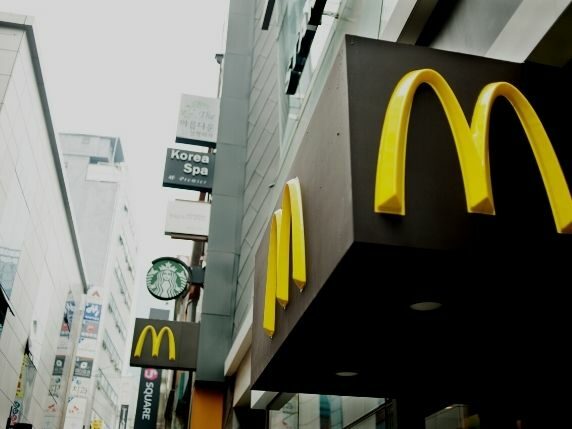Businesses across the country are being hit with growing supply chain issues, with McDonald’s the latest to report severe problems.
According to reports, the fast-food giant says stock shortages have forced more than 1,000 of their restaurants to remove milkshakes from their menus. Around 1,250 of their outlets are now also without bottled drinks. The shortages are believed to be down to an insufficient number of lorry drivers which, experts say, is linked to post-Brexit EU immigration rules and Covid-19 restrictions.
McDonald’s is not the only business affected. Last week Nando’s were forced to shut 50 of its restaurants entirely because they didn’t have enough chicken. KFC also recently admitted that supply chain issues are forcing them to scale-back what they could offer customers.
Meanwhile, thousands of pubs across the UK say they are facing a shortage of beer ahead of the August Bank Holiday. The pubs’ woes appear to have been made worse by an impending delivery-driver strike.
The situation is now so severe that the CBI is warning that shortage threatens to 'choke' the rate of economic recovery in the final quarter of this year.
Our dispute resolution partner, Ian Carson, has warned that the current situation is likely to lead to disputes between affected parties, as businesses will want to recoup lost revenues.
He said: 'We could well see cases where suppliers face claims that they have failed to meet an obligation to deliver on what they’ve been contracted to provide.
This is the key starting point for any dispute in this area - the contractual agreement between both parties.
A supplier drawing up a contract will often seek to minimise the amount of liability which may be incurred by it in the performance of that contract. Contractual clauses which have this effect are referred to as 'exclusion clauses' or 'limitation clauses'. An exclusion, limitation or exemption clause in a commercial contract seeks to exclude or limit a party’s liability, or exclude or limit the other party’s rights or remedies (learn more here). Business suffering supply chain issues would therefore be well-advised to consult these as a starting point to see what remedies might be available to them and then seek legal advice from there.
In relation to industrial action disputes which appear to be a particular problem in the hospitality sector, a well crafted set of terms and conditions containing a force-majeure clause, can provide protection for suppliers in this instance.
That's one reason why any business entering into a supplier agreement should always aim to ensuring they get legal support to protect them against the threat of a future claim.'
If your business is faced with issues in the supply of goods or services, our team can help you understand your position and the enforceability of any limitation or exclusion clauses including what may or may not be covered.







